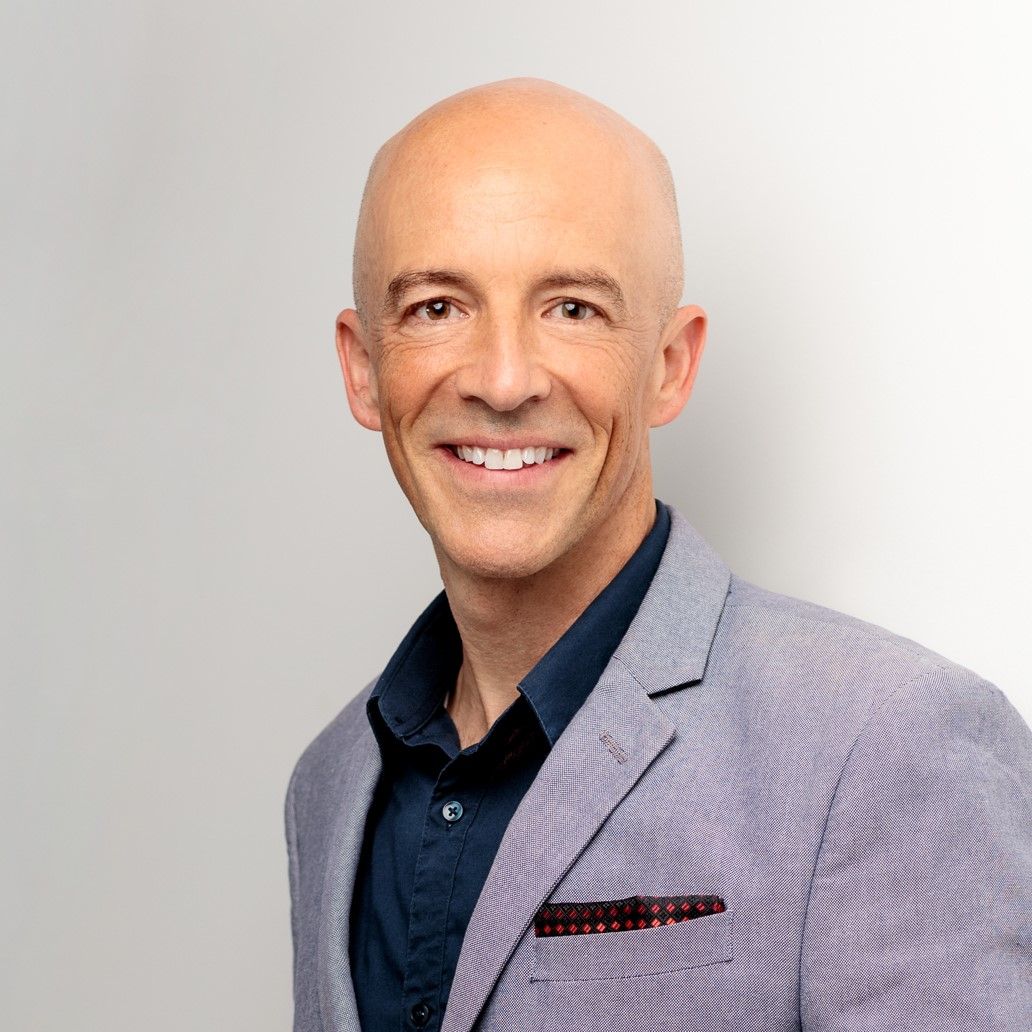A Conversion with Two Members of Men's Therapy Directory
In addition to my therapy practice, I am also the founder of
Men's Therapy Directory (MTD) in the San Francisco Bay Area. It's great resource for men seeking therapy.
A while back, I had a great conversation with one of MTD's members,
Yakov Barton, about his philosophy on depression and how it can be leveraged as an opportunity for growth. The following are some highlights from our interview.
Watch the Interview
Barriers & Readiness for Therapy
Michael Ceely: My guest is Dr. Yakov Barton, a licensed psychologist, speaker and instructor in the San Francisco Bay Area. Dr. Barton's research examines the potential for psychological turmoil to catalyze personal growth and transformation. Dr. Barton, welcome to the podcast.
Yakov Barton: So good to be here. Thank you, Michael.
Michael Ceely:
What do you think are some of the barriers for men in seeking help and getting into therapy?
Yakov Barton:
The barriers are stigma around men expressing themselves and being vulnerable. In our culture, men are not raised talking about emotion or feelings. It's not modeled to them by their male role models, and it's very much intergenerational.
Michael Ceely:
What are typically some of the issues that men bring to therapy?
Yakov Barton:
A lot of men tend to be at a point where things have gotten so bad that they're finally willing to consider therapy. Things have just gotten so uprooted and there's been so much upheaval in their lives that there's a certain level of fear and desperation. Often that's a really good time to get traction because their denial is being melted. There's a readiness for change.
Learn more about denial in my post
4 Types of Denial and the 3-Step Method to Defeat Them
Michael Ceely:
So sometimes people will just be ripe for therapy. They're at that point where they have to change. It's like, I need to, I'm ready.
Yakov Barton:
And that's really the only way to benefit from therapy, with that level of readiness. Ideally, I don't want to see people progressing that far and suffering so much before they get support. There's a part of me that's really excited in those moments because it's almost like this kind of ripe fruit, ready to be picked… taking steps towards effective therapy.
Digging into Depression
Michael Ceely: Definitely. When you were at Columbia, you were teaching positive psychology and this notion of developmental depression. Could you expound on that notion of developmental depression?
Yakov Barton:
This is a topic that's really exciting to me and I think it relates to what we're already talking about, the readiness for change.
We have a history of pathologizing mental health symptoms and viewing them as almost the way we would a tumor or something that needs to be removed, and not really looking at those symptoms in the developmental process.
We also live in an American culture: quick fixes, easy button presses, make it go away. We have a very similar mentality around depression.
What my research found was… we were particularly interested in
emerging-age adults because there's so much transition and upheaval. There’s a depressed period during that age group. So our question was, well, if depression is so ubiquitous in this age group and there's so much transition happening, is depression sometimes normative?
It looks like (for) most people, especially during that age group, depression is normative. So we coined this term developmental depression. When there are periods of major life transition or upheaval, depression is pretty normal and it might even be a mechanism through which change happens.
There's this
depressive realism where our direction of consciousness and awareness is directed inward. The hypothesis there is that this depressive realism can actually give us clarity into what's not working or what needs changing, or how we're growing.
Michael Ceely:
Right. So to kind of reframe a lot of depression as developmental in nature as opposed to immediately pathologizing and medicating it.
Yakov Barton: Yeah. Viewing it as a potential growth tool, and maybe even something that if we medicated and anesthetized it, could be robbing a person with low grade depression of the growth potential of that state of mood.
An Avid Disruptor
Michael Ceely: I think there was a time period in my life when there was some depression, even diagnosable, and I mean, I actually don't know any male friends who
didn't
go through a phase like that either during college or post-college.
So if someone comes to see you for depressive symptoms, but they're “high functioning” and they're holding it all together, but they're miserable… how can you help someone like that?
Yakov Barton: My first thought is really not trying to rush things along. You know, slowing down and just really seeing where the person's at and being particularly curious with what's brought them to therapy. See if I can understand or be trusted by this person to open up in a little bit more of a vulnerable way.
There's such interesting power dynamics that can be pretty invisible between clinician and client. And I try to be really wary of those and early on build a dynamic of being on the same team of like, we're exploring this together and I'm not in the role of wise guide or guru, or expert that's up on this high horse, but I'm just here wanting to build trust and to be curious.
I try to maintain that dynamic but I'll start to step into taking a little bit more of a disruptor role. And that's really a part of my nature just as a human is I'm a very avid disruptor, and I try to do that in really gentle and curious ways.
I really think a lot of our roles as therapists is to disrupt, asking questions that can be a little challenging, but well-placed and in a climate of good trust, that start to disrupt the loops that we can all get stuck in.
It's Okay to Get Help
Michael Ceely:
Sounds like you're balancing the art and the science of therapy there. Dr. Yakov Barton, this has been a great interview.
I'm interested in developmental depression now. I especially like how we talked about normalizing depression as a human experience and something not to be afraid of.
To the men out there listening… most likely all men have been through some depression, and so you're not alone. Get some therapy. It's okay. There’s nothing to be afraid of.
Learn more about
Dr. Yakov Barton and his writings.
Considering therapy? Learn how to ask for help and tap into your vulnerability in my post,
Vulnerability: 3 Steps Men Can Take to Harness Its Power




